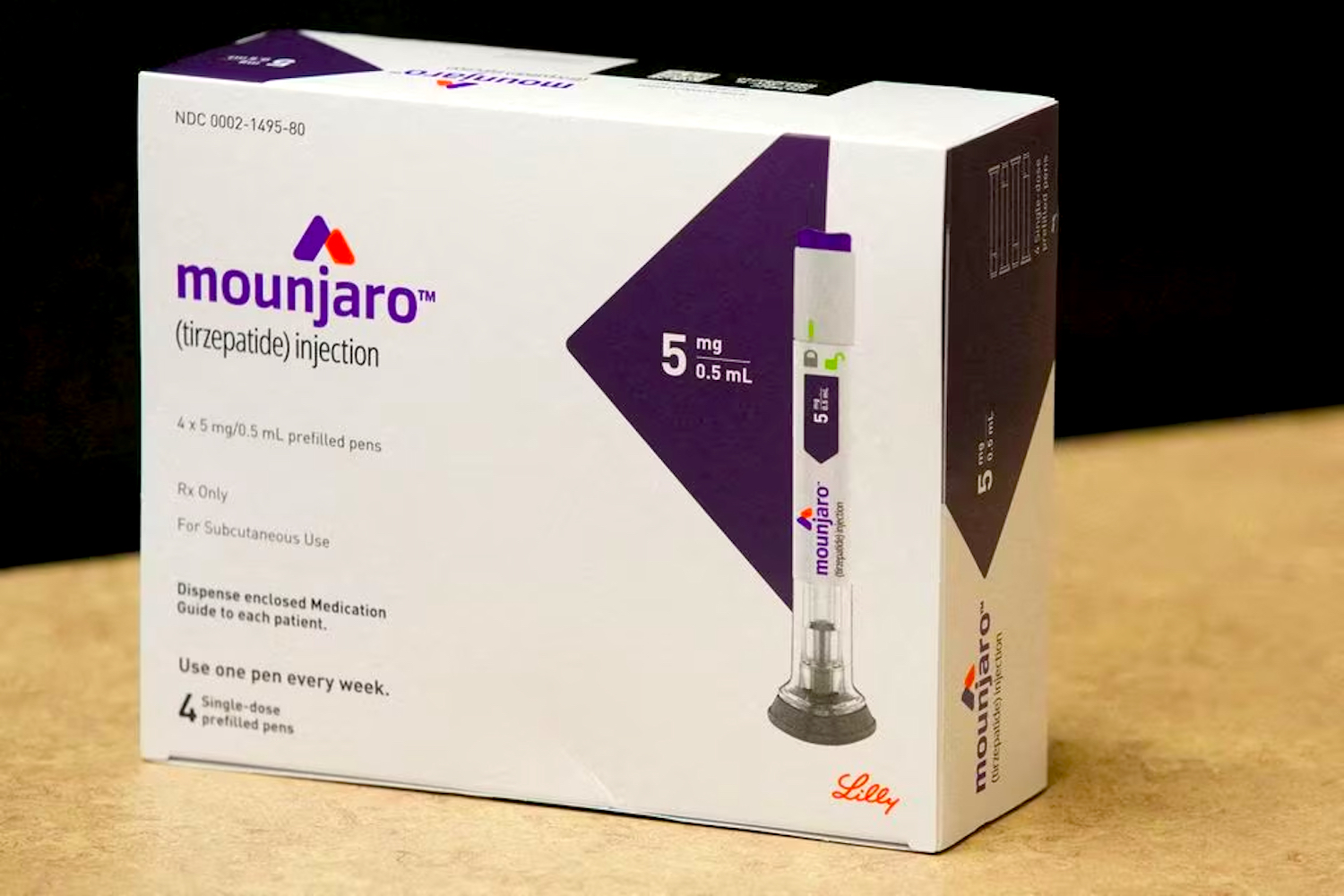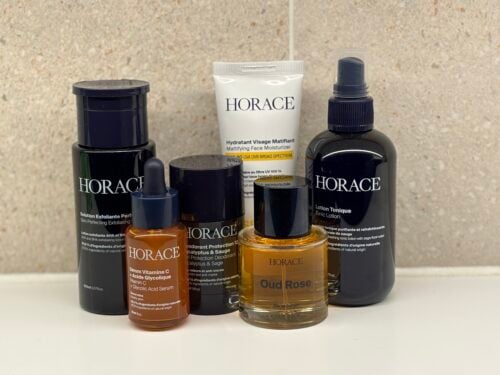Horace Skincare Review: Why Horace Is Dominating The Modern Man’s Bathroom Cabinet
Feb 21, 2026Pharma Giant Trials ‘Ozempic For Kids’ Weight Loss Drug For Six-Year-Olds
- Oct 26, 2023
- 0 Comments
707

One of America’s most infamous pharmaceutical giants is preparing to trial a weight loss drug aimed at kids as young as six years old.
Losing weight is never easy, and those who do have the discipline to transform their bodies often go to extreme lengths to do so; just take the multiple surgeries endured by the “World’s Fattest Man” as a prime example.
That could all be set to end, however, thanks to a new weight-loss drug that is set to be trialled on younger patients by pharma giant Eli Lilly & Co., who plan to test its new diabetes drug Mounjaro on obese patients aged six years old and upwards.
Given the runaway success of Ozempic — the adult weight loss drug that has spread like wildfire in the past year — Eli Lilly isn’t the first company to think of rolling out a similar drug for youngsters. Novo Nordisk has already begun testing its own version of the drug, Saxenda, on young children.
As reported by Bloomberg, Pediatric obesity rates in the US have tripled in the past decade and show no signs of slowing down, with around a fifth of children aged six already being obese. The widespread availability of safe and effective weight-loss medications for children is seen, by some, as a potential solution to this issue, and a lucrative one at that…
The market is expected to exceed $100 billion USD (c. $160 billion AUD) in market value by 2030 and, while takeup among teenagers has been somewhat slow, surveyed parents seem to be receptive to the idea of such medications.
Given the scale of the obesity crisis faced by children in the US — and, increasingly, by children around the world — the American Academy of Pediatrics has updated its previous guidelines which focused on healthy diet and active lifestyle to include more aggressive interventions, including the use of prescribed medications.
The reaction from the public and medical establishment has been one of curiosity and concern, with questions piling up over the lack of long-term safety data as well as the potential impact on hormonal changes during puberty.
Cost is also a significant barrier for some in the American context; State Medicaid programs vary in their coverage of anti-obesity medications, with strict eligibility criteria and requirements for prior weight loss attempts, nutrition counselling, and exercise programs.
Should we consider this a welcome step forward in the fight against obesity or another BigPharma cash grab that puts profit over patient safety? As with all medications in America, the likely stumbling block will be the cost of access; if many are unable to afford such a drug, should anyone be able to access it?
Publisher: Source link







